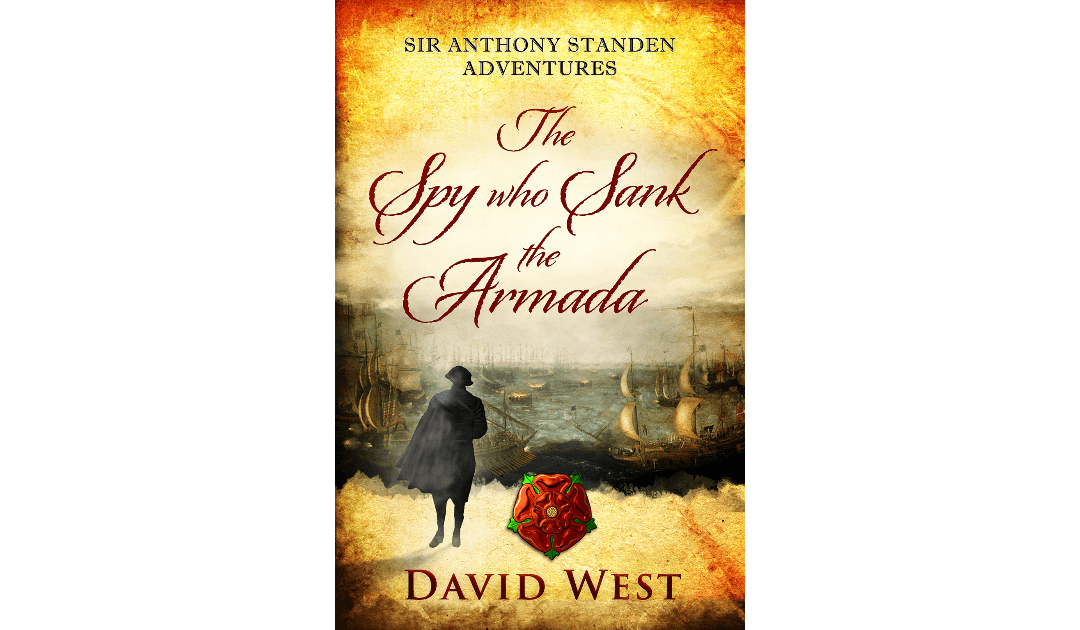I’ve now written 20,000 words in Book 5 of the Sir Anthony Standen Adventures, and I’ve barely got started. I’m in chapter 4, and we’ve just had the second murder. The tension is ramping up, and we now have jeopardy. I have a working title, The Favourite Murder. It’ll do unless I come up with something better. If the Harry Potter books are anything to go by, books do seem to get longer as the writer gets going. So The Favourite Murder may be a bit of a tome.
Chambers Dictionary defines tome as a large, usually scholarly, book or volume. Strangely the origin is from the Latin tomus from Greek temnein meaning to cut. Is the implication that large books should be cut? The Favourite Murder will of course go through several edits. Whether it gets shorter or longer in the process, I can’t yet be sure.
I haven’t done an “on this day” post for a while, but on 15th December 1569 Charles Neville 6th Earl of Westmorland fled to Scotland following the defeat of the Northern Rebellion. I selected Neville to play a key role in my first novel, The Spy who Sank the Armada. I think I chose him because historically he was in the same locality as Sir Anthony at key moments, and because he seemed to me to fit in quite well for a key moment in the known story of Sir Anthony Standen.
I already have a feel of what the Afterword of The Favourite Murder will have to say. As with Called to Account (Book 4) I will confess to having compressed the timescale of events in the interest of pace. I will also urge readers to ignore any medical advice they may take from the book. Whilst I hope my research has been thorough, it has been research into 16th and 17th century medicine. I am quite certain that 21st century medicine is superior.
Sir Anthony Standen had a relatively minor role in the last book, Called to Account. In The Favourite Murder he’s back in the game big time. He’s actually only a year older than me now, so why wouldn’t he be front and centre?

